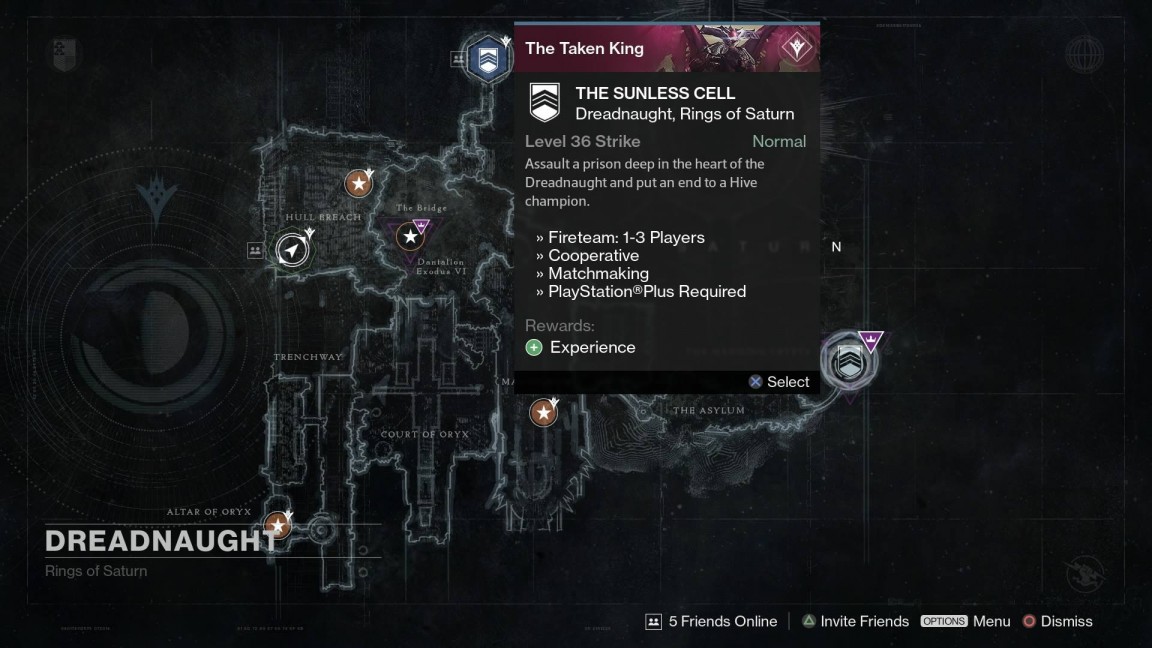Despite the persistent stigma that they’re “corrupting the young” and are pointless wastes of time, video games have become one of the most popular ways for people to pass the time. There are countless parents out there blaming video games for everything from poor grades to violent and rebellious behavior – all while conveniently neglecting to realize what part everything else might play. The Internet has taken a hit too, particularly since it lets people download games, which gives players even less control over what games their children might be playing.
Nowadays, gaming is taken to new heights and possibilities. Innovations like Wii Fit help develop older people’s mobility while keeping them entertained.
When played in moderation, gaming has also been noted to aid children with ADHD to focus their immense energy level into a direct single focus. In addition, it brings the children into a peaceful and tranquil state, as brainwave frequencies are visibly transitioned into a beta, or meditative state while focusing on achievements or other parts of the game.
It has also been discovered that ADHD patients are able to quickly recuperate than when given medication; at times the latter negatively affects the body. Patients also had an increase in attention span, intellect levels and there has also been neurological feedback from the tests conducted.
While it stands against common perception, video games can also help improve people’s vision to a small extent. Prolonged staring at computer or TV screens was believed to generate eye strain. This still holds partially true, but it overlooks the fact that completing a game often requires that the eyes focus on a myriad of little details. In many studies, playing video games improved contrast sensitivity, the detection of changes in shades and colors and in hand-eye coordination. Meanwhile, there are some studies that have presented data implying that gaming can decrease the impact of macular degeneration, though the clinical data has yet to be verified.
Tons of video games that can enhance cognitive skills are also available. These games, like chess and Sudoku among others, require you to plan strategically, examine all possible solutions and eventually choose the most effective one. These practices improve several set skills such as problem-solving and analytical skills. In other words, these games are also mental workouts. These games are developed to promote one’s neurological function, memory, logic, cognition and intellectual capacity.
Being able to successfully finish the games would also increase the player’s self confidence and belief in his capabilities. This encourages players to strive harder to achieve their goals. Hopefully, this kind of positive thinking can be applied in real life, so that these people can be as hardworking and determined as when they’re playing video games.






 Assassin’s Creed IV: Black Flag – Elite Design Plans Guide
Assassin’s Creed IV: Black Flag – Elite Design Plans Guide Elder Scrolls V: How To Become a Vampire Lord - GamersHeroes
Elder Scrolls V: How To Become a Vampire Lord - GamersHeroes The Struggle: One mans tale of pain, ingenuity, an Xbox One and shelving units
The Struggle: One mans tale of pain, ingenuity, an Xbox One and shelving units Saints Row IV Achievements & Trophies Guide
Saints Row IV Achievements & Trophies Guide Should you be worried about Watch Dogs’ release day review embargo?
Should you be worried about Watch Dogs’ release day review embargo?